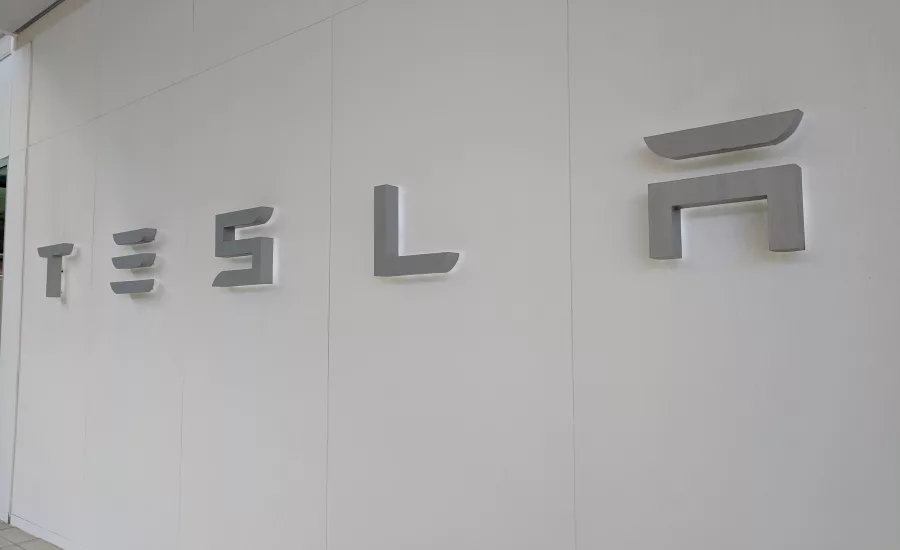Tesla Announces International Expansion, New Jobs for Solar Roof

Nearly four months after Tesla announced the launch of Version 3 of its Solar Roof, the company has revealed plans to release its glass solar tile product internationally while expanding its stateside operations.
On Feb. 9, Tesla CEO Elon Musk published a tweet saying that “Europe & China timing will be announced soon” regarding the Solar Roof product. The tweet was slightly clarified on Feb. 15 when Musk tweeted, “Looking forward to international expansion later this year.”
Musk said that international orders would initially be manufactured at Tesla’s gigafactory in Buffalo, N.Y., but indicated plans for building gigafactories in other continents by saying it would “make sense to localize closer to customers.”
Initially, yes, but then will make sense to localize closer to customers. Pretty much same plan as vehicles.
— Elon Musk (@elonmusk) February 16, 2020
In a related tweet, Musk stated Tesla is ramping up its Solar Roof installations across the U.S. and posted a link to the company’s Solar Roof job page. He noted that there is “no prior experience required” to become an installer. Tesla is hiring roofers and installers in 17 states.
Tesla is ramping up Solar Roof installation across the USA! Training will be provided, so no prior experience needed. Apply at https://t.co/84BkZvuBn8
— Elon Musk (@elonmusk) February 16, 2020
Musk indicated in October 2019 that Tesla is looking to hire workers as well as third-party contractors to install the product.
First announced in 2016, the Tesla Solar Roof is comprised of durable glass roof tiles that have integrated solar technology to power the homes they shelter. The product is marketed as a replacement for traditional roofs and as being more stylish and sleek than solar panels.
Version 3 features an improved power density, meaning about 50% fewer tiles are needed, which in turn helps bring down the cost. A new solar roof costs around $33,950 for a 2,000 square-foot roof with 10w solar capacity after incentives.
Tesla has claimed the third generation of its Solar Roof is cheaper than the cost of a new roof and a separate roof-mounted solar system. Musk said the solar roof wouldn’t make financial sense for someone with a new roof, but said at least “80% of the time” the roof would make the most economical sense.
Musk previously stated expanding Tesla’s solar business would be a priority in 2020. The company has had its fair share of ups-and-downs with its solar products after its controversial acquisition of Solar City for $2.6 billion in 2016.
Looking for a reprint of this article?
From high-res PDFs to custom plaques, order your copy today!






